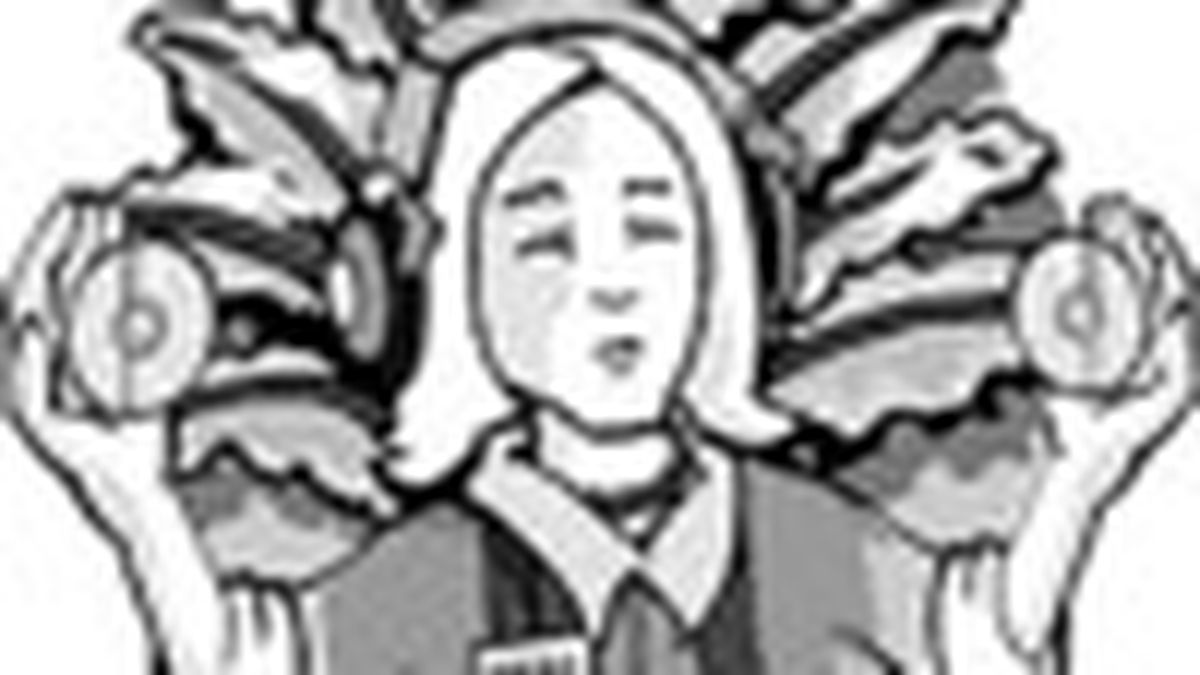People either love reggae or hate it. That’s because the music is essentially all the same song. If you don’t like the song, the entire genre is torture. But if you love the song, you are set for life. Granted, certain things have dragged the form down, like ghastly reggae-style covers of songs that were crappy to begin with (i.e. UB40’s “I Got You Babe”) or any reggae song concerned with love instead of Babylon, Jah, or “dem a wicked.” Then there’s that goddamned hippie element we all have to put up with.
But reggae pioneered rapping, the DJ, and the 12″ single, and all the early British punkers will tell you that it had a heavy influence on their sound as well. It went through some major changes in the ’60s, from ska to rocksteady to Bob Marley, but the genre has remained remarkably homogenous for more than five decades. Reggae is one of the most influential and purely authentic forms of music in the world, and it all comes out of a place smaller than the Bay Area.
It’s strange then, that a 21-year-old honky from Oakland should be writing the music for some of the biggest names in Jamaica, artists such as Anthony B, Luciano, Jah Mason, and Turbulence. Sporting tattoos and big blue eyes, and looking a bit like a postpunk surfer with bleached blond hair, the kid known as “disciple” in Jamaica actually pumps gas for a living in Piedmont. In his free time he has started his own label with some friends, which they call Higher Ground Sound.
What makes Higher Ground a real anomaly is that disciple writes and produces all the rhythms on the records himself, then records them onto CD and hires the artists to add their own lyrics. What in heaven’s name possessed this kid to think that he could walk up to a reggae performer, hand them a tape of his music, and get them to sing on it? “I was shy at first,” he admits. It might help that the first person he approached was Rocker T, a white New York reggae artist. From there he approached the East Bay’s Wadi Gad, a noted artist who has performed alongside Sister Carol, Don Carlos, and the Twinkle Brothers. But the big break happened when Oakland’s Lustre King took him to Jamaica.
“Jamaica is almost impossible to explain to someone who hasn’t been there,” disciple says. “You have to experience it yourself.” The entire island is driven by tourism and music. Many of the streets outside Montego Bay are lined with recording studios. “There are more per capita studios in Jamaica than in any other country in the world,” he claims. Music is seen as one of the best ways to escape poverty, so consequently many people record and perform. For an American, renting studio time in Jamaica is super-cheap. What would cost about $500 for a few hours here costs about $40 there.
The music disciple makes is subtly influenced by his love of hip-hop, but with a crisp, Bill Withers “Lovely Day” sunshine to it, without any cheesy overproduction. He says he splits the publishing rights fifty-fifty with singers, but that revenue from album sales goes back into the company. The most important aspect of his collaborations is that they remain righteous; real roots reggae that doesn’t glorify violence, sexism, or the other things that have dominated popular dancehall. “If I had a choice between conscious music and the other stuff, I’d always go with the positive,” disciple says. He credits reggae with transforming him from a pissy punk-rock jerk into a mellow, brotherly love- pushin’ mensch. If all the gangbangers, skinheads, and other miscreants could just be locked in a room for an hour with a spliff and some reggae, he believes they’d all emerge feelin’ irie and peaceful.
It’s an interesting idea, but Jamaica is still a violent Third-World country. If disciple’s optimistic notion were a hundred percent true, then reggae stars such as King Tubby and Peter Tosh wouldn’t have been killed by Jamaican gun violence. Nonetheless, disciple says that when he goes over there, so many people have his back that he never feels threatened. He’s gained the trust of the musicians, and now he returns every two months to record them.
Stars such as Anthony B, who is huge and drives a Lexus, don’t really need his help. For a few up-and-coming performers though, disciple is nothing short of a patron, a “rich” American who can assist them in getting more exposure. “Will you put me in your pocket?” one of them joked with him the last time he was leaving (visas to America are very expensive). Everyone at Higher Ground hopes that reggae will get onto KMEL some day — despite the pitfalls of commercialization. “I’d like to make enough money from this to support myself and the label,” he says, “but mostly I’d like to see reggae music get as popular as hip-hop.” The 21-year-old wants enough capital to provide himself freedom of expression, and his struggling musical partners with the money to help support their families. “Look at Pearl Jam,” he says. “They put out two records, made a ton of money, and now they are putting out their own stuff independent of a label, doing what they want to do.”
This year, Higher Ground released Spanish Town, a compilation comprised of three of disciple’s rhythms, “King of Kings,” “Soldiers of Jah,” and “Senor Tovar.” In true reggae fashion, which often takes the same mix and adds different vocals over it, fourteen artists sing over their choice of the three rhythms. It’s fascinating to hear the same music made different by each vocal treatment. Roots reggae has really always been about the message anyway. The music just provides the backdrop. — Katy St. Clair













